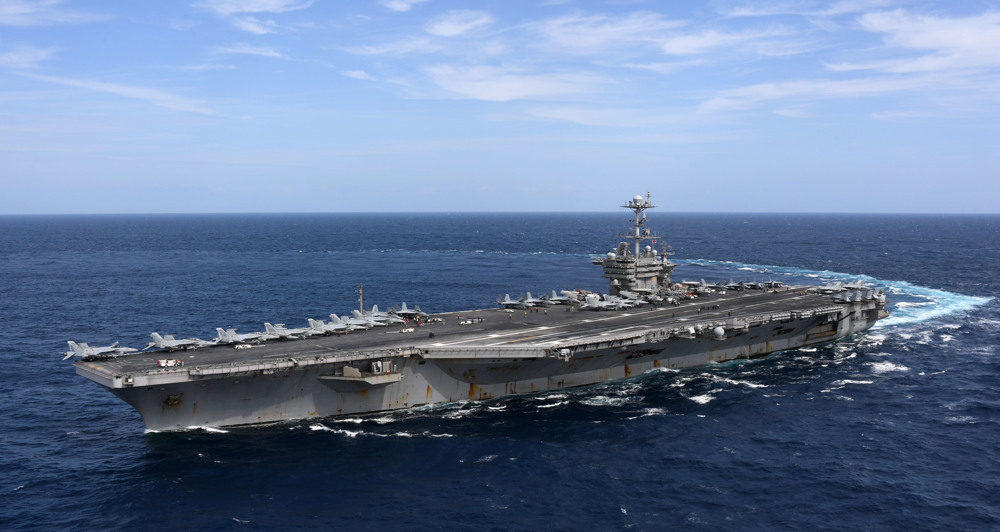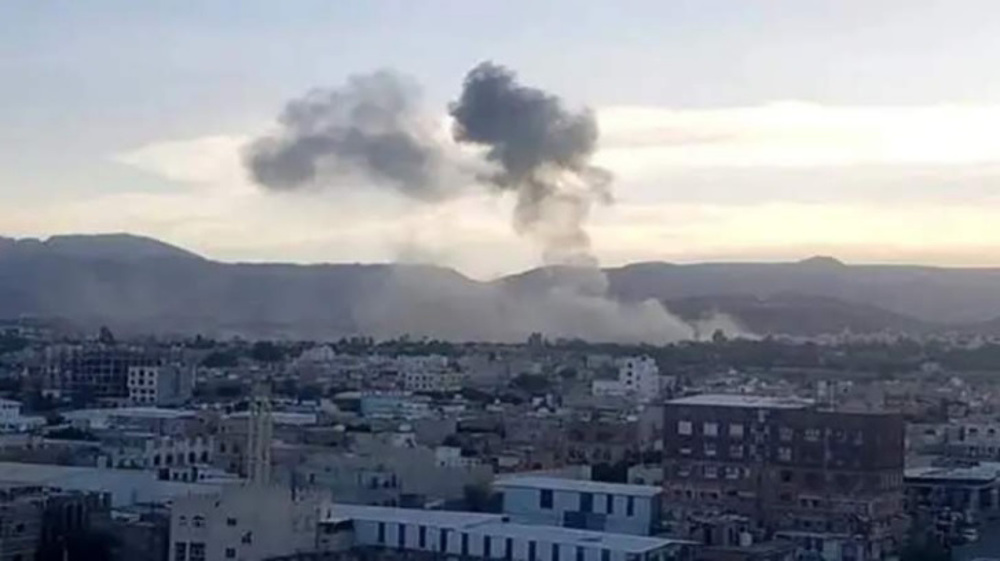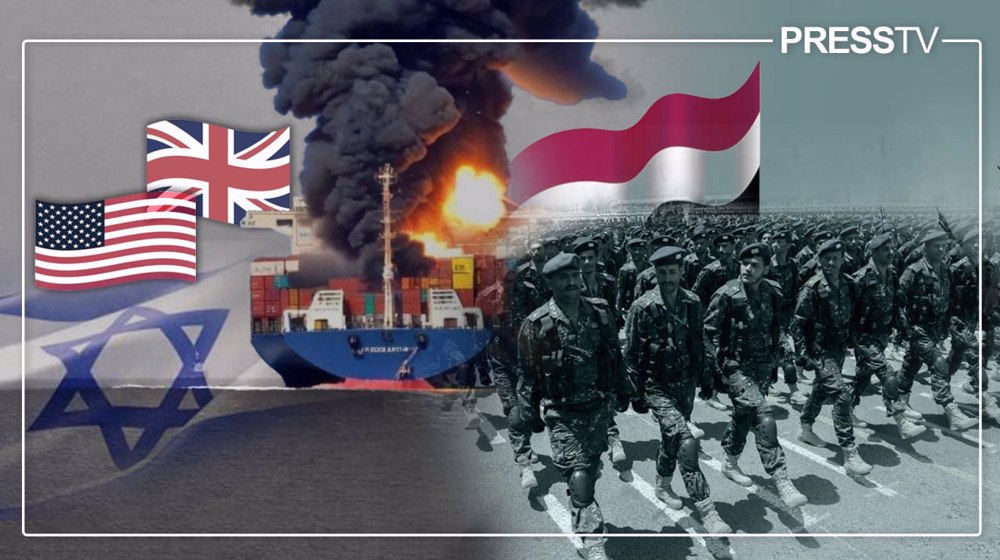McCain slams Syria peace plan for empowering Russia
The newly announced truce deal for Syria, forged by the International Syria Support Group (ISSG), will only empower Russia which is engaged in “diplomacy in the service of military aggression," says Senator John McCain.
After days of negotiation, diplomats from a group of countries, including the US, Russia, Turkey, Saudi Arabia and Iran, agreed on Friday to seek a temporary "cessation of hostilities" in Syria within a week. The ISSG also agreed to "accelerate and expand" deliveries of humanitarian aid to various besieged Syrian towns.
Speaking at the conference on Sunday, Senator McCain criticized the deal, claiming that it only boosts Russia’s military campaign in the Arab country, which began last September upon a request from Damascus.
The deal comes amid the Syrian military’s push to encircle terrorists in Aleppo, the country’s largest city, and cut off their supply routes to Turkey.
"I wish I could share the views of some of my friends who see this agreement as a potential breakthrough but unfortunately I do not," McCain, who is the chairman of the Senate Armed Services Committee, said at the Munich Security Conference.
The Republican senator argued that the deal would allow the Syrian military forces to pound militants in Aleppo.
"Let's be clear about what this agreement does: it permits the assault on Aleppo to continue for another week. It requires opposition groups to stop fighting, but it allows Russia to continue bombing terrorists -- which it insists is everyone, even civilians," he said.
If Russia or Syria breach the deal, McCain said, the deal does not make it clear what consequences would ensue.
McCain alleged that Russian President Vladimir Putin "is not interested in being our partner. He wants to shore up the Assad regime. He wants to re-establish Russia as a major power in the Middle East."
"This is diplomacy in the service of military aggression and it's working because we are letting it," he added.
The agreement came following a marathon meeting in Munich aimed at resurrecting peace talks that collapsed last week, after Saudi-backed opposition group, known as the High Negotiations Committee (HNC), refused to attend the sessions in Geneva, unless Russia halted its anti-terror campaign.
The foreign-sponsored conflict in Syria, which flared in March 2011, has claimed the lives of some 470,000 people and left 1.9 million injured, according to the Syrian Center for Policy Research.
Explainer: What makes Iran's Rezvan and Raad loitering munitions prized assets?
VIDEO | Unseen agony: Missing loved ones of genocide in Gaza
Iran cuts gold import tariff to zero
Pezeshkian: Iran determined to develop, boost ties with neighbors
VIDEO | Israel, Hamas ceasefire agreement: Closer than ever
VIDEO | Gaza ceasefire to be put in place under resistance conditions
Hot water and sewage: Palestinians share harrowing tales of torture in Israeli prisons
VIDEO | Thousands evacuated in Ethiopia amid earthquakes, volcanic eruption fears










 This makes it easy to access the Press TV website
This makes it easy to access the Press TV website